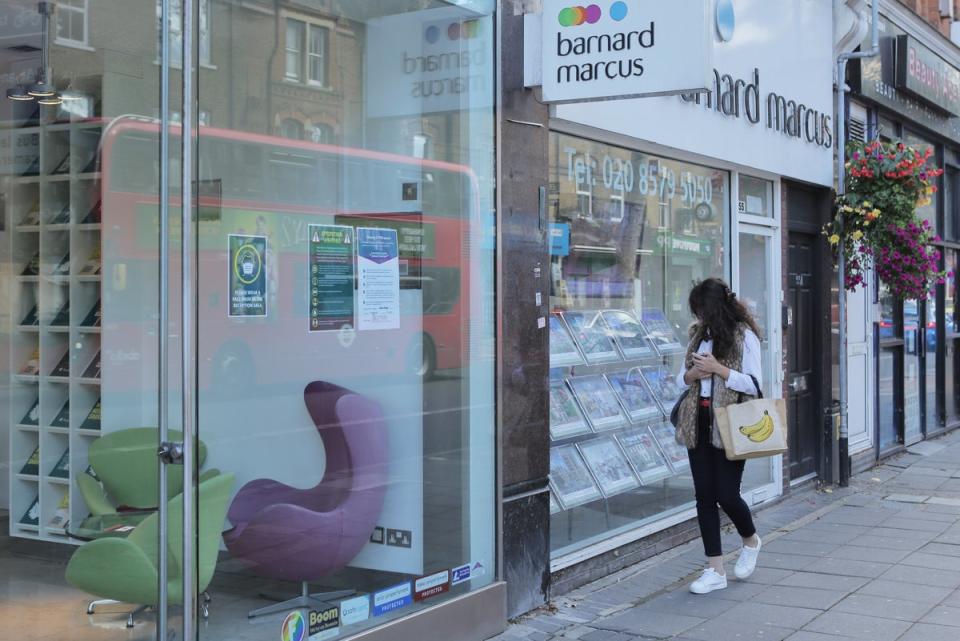Comment: ‘Homeowners face a mortgage timebomb, we need an urgent strategy to prevent a crisis’

We all like to think we’re precious, magical individuals with our own unique consciousness and highly specific circumstances but science and data often show we’re naught but sheeple — and house price statistics are no different.
Cast your mind back two dark years to summer 2020 and you’ll remember the frenzy of home moves sparked by the stamp duty holiday, introduced in early July of that year in a bid by then-Chancellor Rishi Sunak to stimulate the housing market.
Why is this relevant now? Well an awful lot of people took out a new mortgage to buy a first home or upsize to a bigger one at the same time, and the biggest proportion of them opted for a two-year fix.
This means those buyers are about to see their fixed rate end and will be cast adrift into a whole new mortgage market with significantly higher costs and a scarcity of loans on offer.
In fact, it’s estimated that 40 per cent of fixed-rate mortgages are set to expire within the next year, meaning that those borrowers who took out a loan when the Bank of England base rate was at an all-time low of 0.1 per cent will now be exposed to a higher rate following the sixth rate hike of the year this month to 1.75 per cent.
Taking the long view this is still a historically low base rate. But as house prices have soared, so the size of mortgages people have taken out has grown and homeowners are facing a mortgage time bomb.
It’s estimated that £1,872 per year is set to be added to a typical mortgage, with the figure significantly higher in London.
Interest rates are only forecast to rise further as are inflation, energy bills and other household costs. We need a government with a serious urgent strategy to prevent a crisis. Worryingly we don’t seem to have one.

 Yahoo Finance
Yahoo Finance 